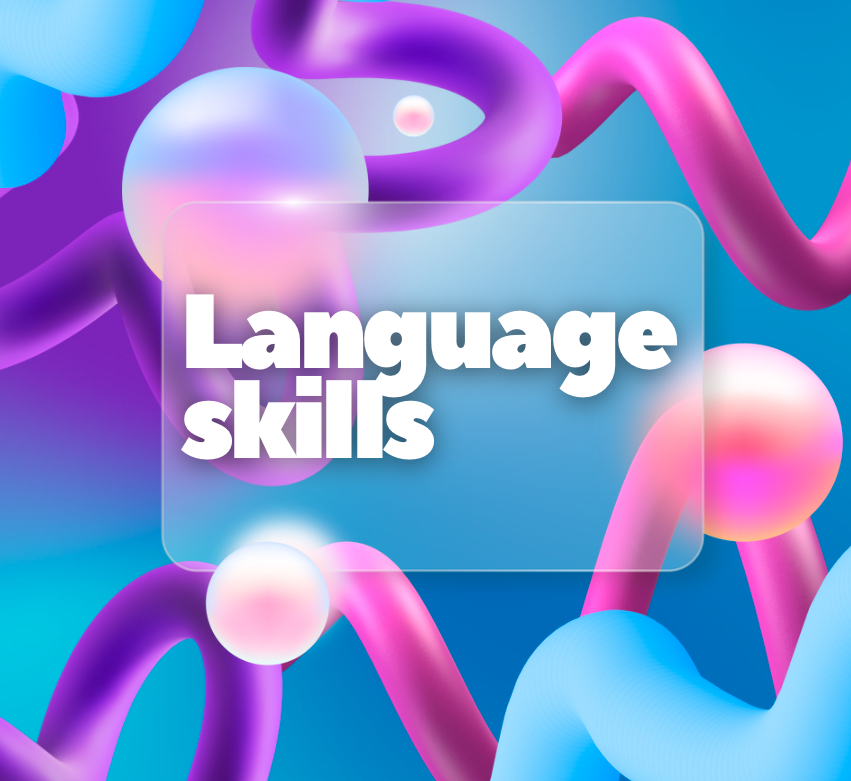Introduction:
In the dynamic world of International Relations, language skills are an essential asset. Multilingualism not only improves communication but also fosters cultural understanding and public diplomacy. For young adults aspiring to careers in International Relations, the ability to speak multiple languages can offer more opportunities and set them apart in a competitive job market.
Body:
The Importance of Multilingualism
Language skills are important in IR for several reasons. First and foremost, they set the ground for effective communication with stakeholders from different linguistic backgrounds. Diplomats, international business professionals, and non-profit workers often need to negotiate, collaborate, and build relationships across borders. Proficiency in multiple languages can significantly enhance these interactions.
Moreover, multilingualism demonstrates adaptability. Understanding a foreign language often comes with a deeper appreciation of the associated culture, which is crucial for fostering trust and cooperation. In conflict resolution and peacebuilding efforts, for example, the ability to communicate in the local language can be pivotal in reaching consensus and understanding different perspectives.
Moreover, multilingualism demonstrates adaptability. Understanding a foreign language often comes with a deeper appreciation of the associated culture, which is crucial for fostering trust and cooperation. In conflict resolution and peacebuilding efforts, for example, the ability to communicate in the local language can be pivotal in reaching consensus and understanding different perspectives.
In-Demand Languages
While English remains the dominant global lingua franca, several other languages are highly valuable in International Relations. Spanish, spoken by over 460 million people worldwide, is essential for engaging with Latin American countries and Spain. French, another widely spoken language, is the official language of many international organizations, including the United Nations and the International Red Cross. For EU citizens, one of the requirements for working in the EU is multilingualism: you must be proficient in two languages, your native tongue, and another EU member state language. For example: if you’re a Romanian citizen and you are fluent in Romanian and English, you’re on the right track!
Other, more “niche” languages are equally as important, depending on a person’s personal goals and passions. For example: Mandarin Chinese is increasingly popular due to China's growing influence in global affairs. Arabic, spoken across the Middle East and North Africa, is crucial for diplomacy and business in these regions. Russian is also valuable, given Russia's geopolitical significance. Additionally, languages such as German, Portuguese, and Japanese can be beneficial depending on specific career goals and regions of interest.
Other, more “niche” languages are equally as important, depending on a person’s personal goals and passions. For example: Mandarin Chinese is increasingly popular due to China's growing influence in global affairs. Arabic, spoken across the Middle East and North Africa, is crucial for diplomacy and business in these regions. Russian is also valuable, given Russia's geopolitical significance. Additionally, languages such as German, Portuguese, and Japanese can be beneficial depending on specific career goals and regions of interest.
Tips for Improving Language Skills
1. Formal Education and Courses: Enroll in language courses offered by universities, language schools, or online platforms. Structured learning provides a strong foundation and access to qualified instructors.
2. Immersion: Spend time in countries where the target language is spoken. Immersion helps with practical usage and understanding of cultural contexts. Study abroad programs, internships, or volunteer opportunities can facilitate this experience.
3. Practice Regularly: Practice makes perfect: consistent practice is key to language proficiency and the more you practice, the closer you get to your goals. Setting aside 30 minutes to strictly learn a language is a great way to get closer to full language proficiency. Engage in conversations with native speakers, join language exchange programs, or participate in online language communities (Example: Tandem).
4. Utilize Technology: Use language learning apps, online courses, and multimedia resources to supplement traditional learning methods. Tools like Duolingo, Rosetta Stone, and language podcasts can be very effective.
5. Read and Listen: Consume media in the target language, such as books, newspapers, films, and music. This exposure enhances vocabulary and comprehension skills.
2. Immersion: Spend time in countries where the target language is spoken. Immersion helps with practical usage and understanding of cultural contexts. Study abroad programs, internships, or volunteer opportunities can facilitate this experience.
3. Practice Regularly: Practice makes perfect: consistent practice is key to language proficiency and the more you practice, the closer you get to your goals. Setting aside 30 minutes to strictly learn a language is a great way to get closer to full language proficiency. Engage in conversations with native speakers, join language exchange programs, or participate in online language communities (Example: Tandem).
4. Utilize Technology: Use language learning apps, online courses, and multimedia resources to supplement traditional learning methods. Tools like Duolingo, Rosetta Stone, and language podcasts can be very effective.
5. Read and Listen: Consume media in the target language, such as books, newspapers, films, and music. This exposure enhances vocabulary and comprehension skills.
Conclusion:
In International Relations, language skills are more than just an asset—they are a necessity. Multilingualism enhances communication between people of different backgrounds and cultures and opens doors to a plethora of career opportunities. By identifying in-demand (and/or investing in a language that is relevant to your long-term goals, for example, diplomatic work in a country that has a unique language) languages and actively working to improve language proficiency, young professionals can boost their prospects in a career in International Relations. Embracing the challenge of learning new languages is not just a career move, but a step towards becoming a more conscious and effective contributor to international affairs.

